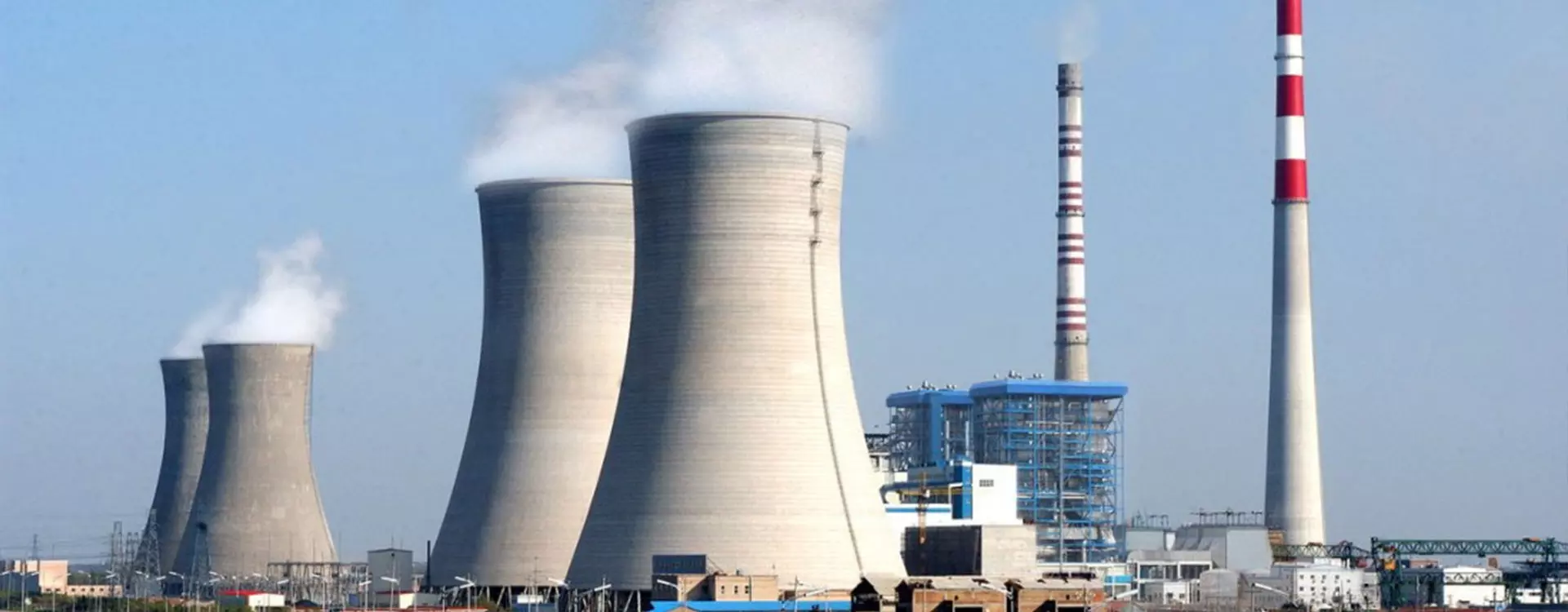India continues to rely heavily on coal to meet projected 260 GW peak demand in summer
The peak demand in the country could reach 260 GW during this summer, higher than the record 243 GW in September last year. The ministry, which has been reviewing the situation regularly, has directed all power generating companies, especially thermal plants, to delay their maintenance plans, while gas-based power plants have been told to be available for generating electricity
image for illustrative purpose

New Delhi: India will continue to rely heavily on electricity generated using coal during the ensuing summer season when peak demand is projected to cross 260 gigawatts (GW) on likely intense heat conditions in parts of the country, a power ministry official said on Tuesday. While renewable capacities continue to be added, authorities are building coal stocks at power plants to meet the peak demand, the official said, adding that solar power would also help immensely in meeting the demand. The ministry, which has been reviewing the situation regularly, has directed all power generating companies, especially thermal plants, to delay their maintenance plans, while gas-based power plants have been told to be available for generating electricity.
The Indian Meteorological Department on Tuesday forecasted that India is set to experience extreme heat during the April-June (summer) period, with the central and western peninsular parts expected to face the worst impact. Besides, above-normal heatwave days are likely over most parts of the plains during summer. Ten to 20 days of heat waves are expected in different parts of the country against a normal of four to eight days, as per IMD projections. According to estimates by the power ministry, the peak demand in the country could reach 260 GW during this summer, higher than the record 243 GW in September last year.
An official on the condition of anonymity told that this time hydropower generation would be lesser compared to last year due to the low level of water in reservoirs across the country. Therefore, coal-based thermal power plants and solar energy will meet a large part of the high demand for electricity in the country during this summer. The official informed that Union Power Minister R K Singh and other top officials in the ministry are holding review meetings on the anticipated situation of extreme heat wave in the country with other ministries like railways and coal, state officials, and power companies for the past 15 days. The review meetings are done every year before summer by the ministry, but this time, demand is expected to be at an all-time high level of 260GW in the country. The official also stated that the ministry has asked all power-generating companies, especially thermal plants, to delay their maintenance plans as it is very time-consuming.
It takes more than three days to close down a coal-based thermal power plant for maintenance and the same amount of time it takes to restart. The official also said that the power ministry has also asked all gas-based power plants to be available for generation to meet the sudden surge in electricity demand in the country. According to the Central Electricity Authority (CEA), India has about 25GW of gas-based power generation capacity. Coal and lignite-based thermal power capacity is around 216 GW in the country and serves as the base load. Solar capacity is around 76GW, while wind energy stands at 45GW as of the February report of the CEA. Similarly, the large hydro (more than 25MW plants) power capacity is around 47 GW in the country. The total installed power generation capacity in the country is around 434 GW.
The official also informed that the power ministry has already taken steps to augment coal supplies at thermal power plants, which includes blending of 6 per cent imported coal and must run direction for imported coal-based plants. According to the latest report of the CEA of March 31, 2024, 185 power plants in the country monitored by it had 73 per cent of the normative coal stock. These power plants had 50.59 million tonnes of coal against the normative stock of 69.25 million tonnes.

